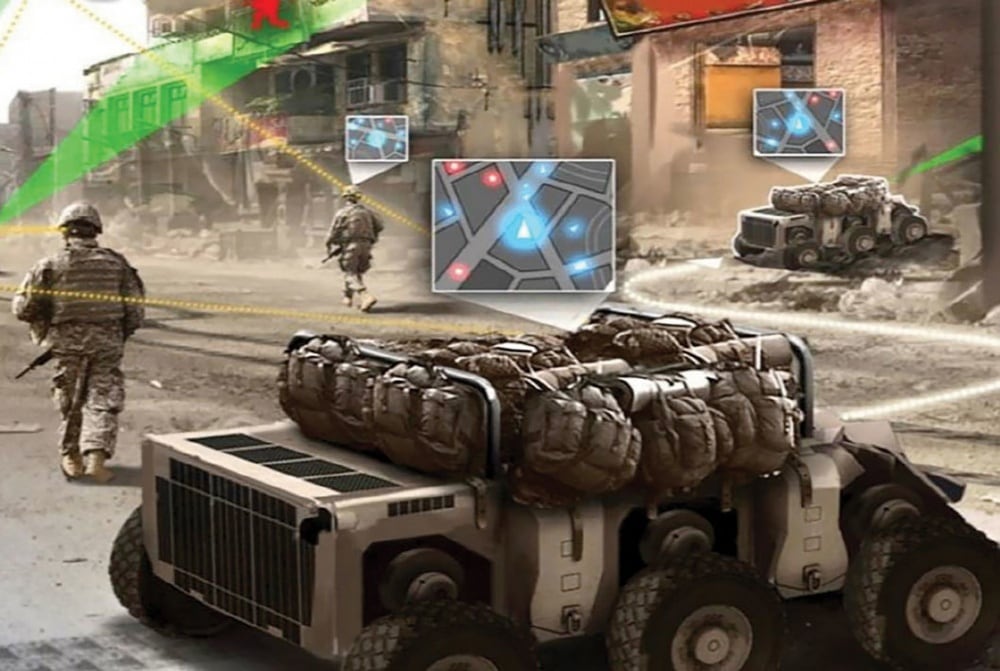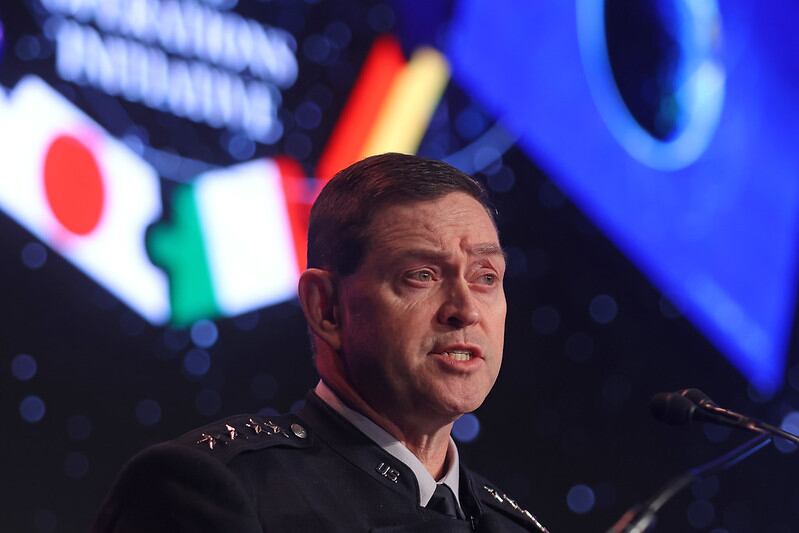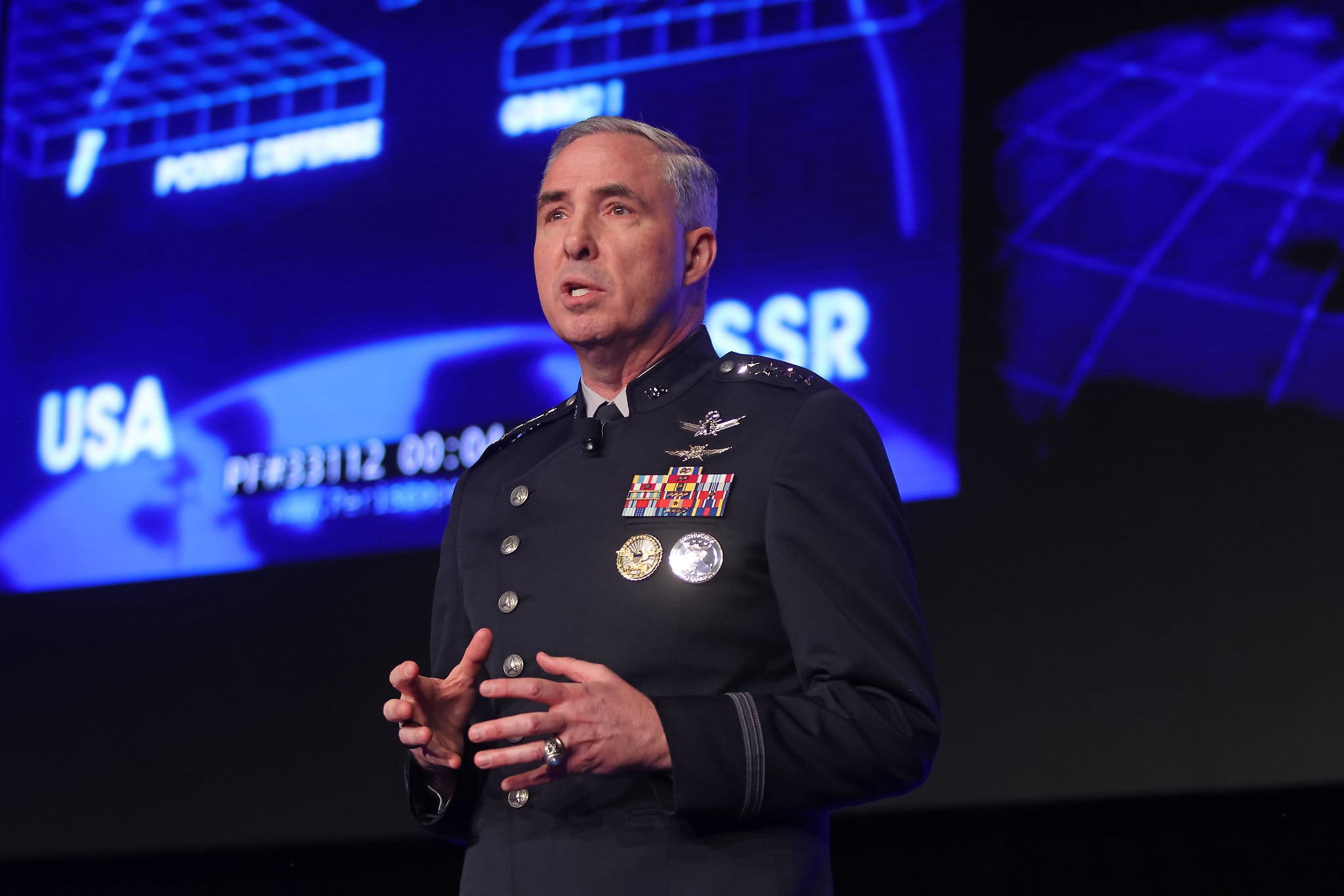WASHINGTON – Over the years, Secretary of Defense Jim Mattis has cultivated a reputation for deep thinking about the nature of warfare. And during that time, he has come to a few conclusions about what he calls the “fundamental” nature of combat.
“It’s equipment, technology, courage, competence, integration of capabilities, fear, cowardice — all these things mixed together into a very fundamentally unpredictable fundamental nature of war,” Mattis explained Feb. 17. “The fundamental nature of war is almost like H20, ok? You know what it is.”
Except, that might not be true anymore.
RELATED

During a return flight from Europe, Mattis was asked about artificial intelligence — a national priority for industry and defense departments across the globe, and one driving major investments within the Pentagon — and what the long-term impact of intelligent machines on the nature of war might be.
“I’m certainly questioning my original premise that the fundamental nature of war will not change. You’ve got to question that now. I just don’t have the answers yet,” he said.
It’s both a big-picture, heady question, and one that the department needs to get its head around in the coming years as it looks to offload more and more requirements onto AI. And it’s a different question than the undeniable changes that will be coming to what Mattis differentiated as the character, not nature, of war.
“The character of war changes all the time. An old dead German [Carl von Clausewitz] called it a ‘chameleon.’ He said it changes to adapt to its time, to the technology, to the terrain, all these things,” Mattis said.
He also noted that the Defense Innovation Board, a group of Silicon Valley experts who were formed by previous defense secretary Ash Carter, has been advising him specifically on AI issues.
For now, the Pentagon is focused on man-machine teaming, emphasizing how AI can help pilots and operators make better decisions. But should the technology develop the way it is expected to, removing a man from the loop could allow machine warfare to be fully unleashed. Mattis and his successors will have to grapple with the question of whether AI so radically changes everything, that war itself may not resemble what it has been for the entirety of human history.
Or as Mattis put it, “If we ever get to the point where it’s completely on automatic pilot and we’re all spectators, then it’s no longer serving a political purpose. And conflict is a social problem that needs social solutions.”
Aaron Mehta was deputy editor and senior Pentagon correspondent for Defense News, covering policy, strategy and acquisition at the highest levels of the Defense Department and its international partners.








